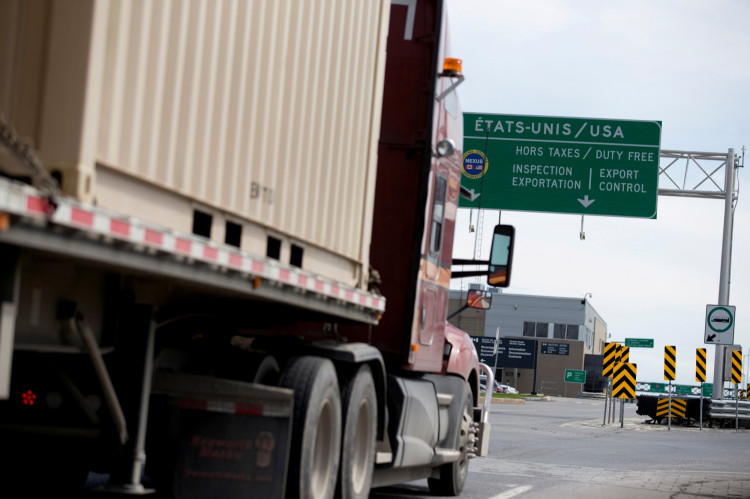As the economic fallout of the ongoing viral epidemic ramps up, economists are now predicting the possible scenarios that could befall the United States in the coming months. According to a Wall Street economist, the country's gross domestic production (GDP) could fall at a 10 percent annualized rate during the second quarter this year.
The prediction is a massive jump from the 2 percent annualized rate drop during the first quarter. The prediction was made by the chief economist at Pantheon Macroeconomics, Ian Shepherdson, in a note to the company's clients sent out on Monday.
The figures outlined in Shepherdson's prediction are reportedly based on the consumer spending trend recorded since the initial spread of the novel coronavirus. He noted that the consumers and investors are increasingly becoming pessimistic for the short-term economic outlook.
Consumer spending, excluding housing, energy, food, and healthcare, account for about 39 percent of the country's GDP. Shepherdson claimed that discretionary consumer spending along with other economic components is gearing towards a meltdown in the second quarter.
Spending on non-essentials is expected to drop by at least 20 percent during the second quarter. This will contribute to at least an 8 percent drop in the country's overall GDP growth during the period, the economist claimed. He added that most have likely underestimated the economic effects of the viral epidemic, which he claimed would become "catastrophic" in the coming months.
Even in its early stages of spreading, the epidemic has already upended societies and economies around the plant. Governments have already begun to impose restrictions that commonly only occur during wartime. This includes the closure of borders, cancellation of public events, and strict strict quarantine orders.
On Tuesday, official data revealed that retail sales in February had fallen by a further 0.5 percent. The recorded figure was the country's worst sales print since December 2018.
Chief US economist at Oxford Economics, Greg Daco, pointed out that consumers are keeping their wallets shut for now given the current crisis. This means that purchases for non-essential items such as electronics, jewelry, furniture, cars, and luxury items have been put on hold.
The mandatory shutdowns of establishments such as restaurants, bars, movie theaters, and other facilities that crowds would normally gather have also exacerbated the consumer spending situation.
Daco predicts that consumer spending is poised to rapidly decline in the coming months as the situation worsens. While most do predict that the country is set to nose dive into a recession in the coming months, some are claiming that the US may in fact be in recession already.






